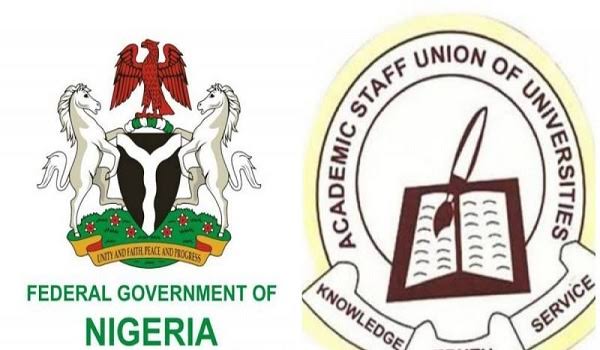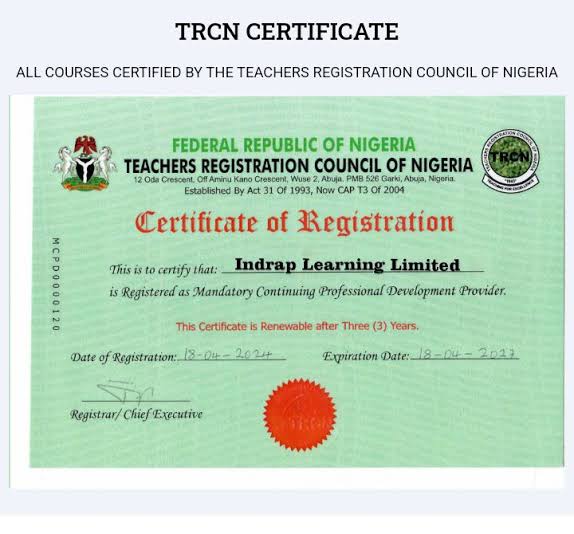The Academic Staff Union of Universities (ASUU) has once again drawn national attention by declining to attend a much-anticipated meeting convened by the Federal Government to address the long-standing 2009 Agreement. The meeting, billed to hold at the National Commission for Colleges of Education (NCCE) in Abuja, was meant to serve as a turning point in the decades-long face-off between ASUU and the Federal Government. But instead of marking progress, the talks stalled before they even began—because ASUU refused to show up.
This development has left many Nigerians, especially students and parents, asking: Why is ASUU refusing to attend? What exactly is in the 2009 Agreement? And what does this mean for the future of higher education in Nigeria?
Let’s break it all down.
Background: The 2009 ASUU-FG Agreement
The 2009 Agreement was a comprehensive pact signed between ASUU and the Federal Government to tackle systemic problems in Nigerian universities. Key provisions of the agreement included:
- University Autonomy and Academic Freedom – Allowing universities more control over governance, decision-making, and academic direction without political interference.
- Improved Conditions of Service – A significant salary structure for lecturers and better welfare packages.
- Funding for Universities – Adequate budgetary allocations to improve infrastructure, laboratories, libraries, and research.
- Periodic Review – The agreement was to be reviewed every three years to reflect economic realities.
However, since its signing, successive governments have failed to fully implement the terms. Instead, half-hearted measures and repeated postponements have left both lecturers and students frustrated.
The Abuja Meeting That Failed Before It Began
The Federal Ministry of Education had reportedly sent out invitations for a “crucial meeting” with ASUU in Abuja, hoping to present a counter-offer that could pave the way for renewed harmony.
But ASUU President, Prof. Chris Piwuna, told The Guardian that the union would not honour the meeting. His reason was clear:
“No formal invitation was sent to us.”
In other words, although government officials claimed ASUU was invited, the union insisted that it had received no official communication, raising concerns that the meeting was more of a publicity stunt than a genuine dialogue.
Why ASUU’s Decision Matters
For ordinary Nigerians, this might seem like “just another ASUU strike story,” but the decision to shun the meeting has serious implications:
- Loss of Trust – It highlights the deep mistrust between ASUU and the government. Without trust, genuine negotiation becomes almost impossible.
- Stalled Renegotiation – Instead of making progress on the 2009 Agreement, the process is now delayed even further.
- Students Left in Limbo – Each setback increases the risk of another strike, meaning Nigerian university students may once again face disruptions to their academic calendars.
- Global Reputation – Frequent disputes damage the credibility of Nigerian degrees internationally, as employers and foreign institutions question the stability and quality of the education system.
Why ASUU is Holding Firm
ASUU believes that the Federal Government is engaging in delay tactics. The union argues that:
- Over 16 years after the agreement was signed, most of its provisions remain unimplemented.
- Government’s claims of sending invitations or reviewing drafts are often excuses to “buy time” without making real commitments.
- Promises such as education loan schemes or committees are mere distractions that do not address the core issues of funding, autonomy, and salaries.
Government’s Counterpoint
On the other hand, the government has maintained that the so-called “2009 Agreement” is not actually binding but rather a draft document that was never ratified. Education Minister, Dr. Tunji Alausa, recently stated that a technical committee is reviewing the draft with plans to make recommendations to a renegotiation committee led by Yayale Ahmed.
This effectively means that, in the government’s eyes, there is no valid agreement to implement yet—only proposals under consideration.
The Bigger Picture: A Cycle of Strikes and Stalled Talks
For years, Nigerian universities have been caught in a damaging cycle:
- ASUU demands implementation of the 2009 Agreement.
- The government promises action, sets up committees, or pleads for more time.
- Talks break down, leading to strikes.
- Strikes disrupt the academic calendar, delaying graduations and causing hardship for students and families.
- Government intervenes temporarily, but the core issues remain unresolved.
This cycle has repeated itself countless times, eroding faith in Nigeria’s higher education system.
What This Means for Students
Students remain the greatest casualties of the ASUU-FG face-off. Prolonged academic disruptions have caused:
- Delayed graduations – Many students spend 6–7 years studying for 4-year courses.
- Psychological toll – Uncertainty leads to anxiety, loss of motivation, and frustration.
- Brain drain – Talented students and lecturers seek opportunities abroad, further weakening Nigerian universities.
- Financial burden – Parents pay extra rent, fees, and costs due to extended school years.
The Way Forward
Experts suggest that breaking the cycle requires:
- Genuine Political Will – The government must see education as a priority investment, not a cost.
- Transparency in Communication – Clear, documented invitations and minutes from meetings to avoid “he said, she said” disputes.
- Regular Funding Mechanism – A law-backed structure for annual university funding, rather than ad hoc interventions.
- Independent Oversight – A neutral committee involving students, alumni, and civil society to track agreements.
- Trust Building – Both parties must shift from confrontation to cooperation.
Final Thoughts
ASUU’s refusal to attend the Abuja meeting may seem like a small incident, but it represents a larger crisis in Nigeria’s higher education sector. The fact that a 2009 agreement is still being debated in 2025 shows the extent of the neglect universities have suffered.
For students, this is not just about salaries or negotiations—it’s about their future. Every missed meeting, every broken promise, and every strike pushes Nigerian education further behind global standards.
Unless both ASUU and the government find the courage to break the cycle, the words “2009 Agreement” may remain a haunting phrase for another decade to come.






